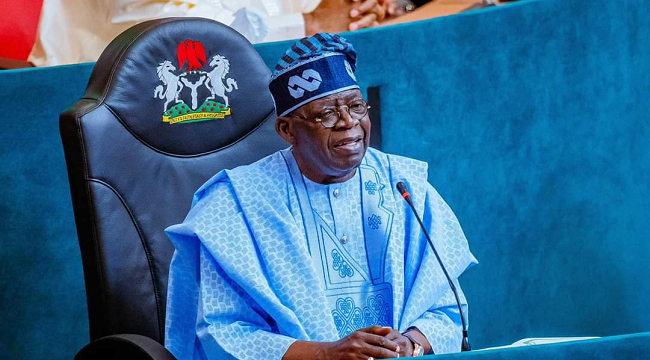
Nigeria’s Politics reveals the struggle between power and service, highlighting the gap between promises and reality.
Nigeria’s Politics: In every election season, Nigerians are bombarded with promises of change, development, and good governance. Billboards on the streets, and candidates appearing on our television. Yet, year after year, the reality on the ground tells a different story entirely.
We must ask ourselves a big question. Is Nigeria’s politics truly about serving the people? Or is it just a game of power?
Politics in Nigeria has been reduced to a battle for influence and control. This has been the case for many years. It serves more as a platform for power than for service. Politicians fight for office. They do not have an interest in making the life of a common man better. Instead, they aim to gain power. Once elected, many of them quickly abandon their campaign promises for personal enrichment and power.
This selfish, power-driven mindset explains why so many things in Nigeria remain the way they are. For instance, our roads are still bad. Our government-owned hospitals are underfunded and lack equipment and maintenance. Schools are disorganized and messy, despite the large amount of resources Nigeria possesses.
Those in power are supposed to care for the people. They see leadership as a business from which they can make profits. The people’s votes are treated like money invested by them. The leaders view their profits as essentially free access to government funds.
But does politics have to be like this? The real purpose of Nigeria’s politics is to serve the people. It involves identifying societal problems and addressing them. It is about representing the people, being their voice, and making their lives better.
Unfortunately, Nigeria’s politics has become more about pride and personal ambition. Political parties care more about their parties, rather than, the progress of the nation, and they chase power instead.
Still, there is hope. An extremely large number of Nigerians, especially young people, are beginning to demand accountability and transparency from their leaders. Social media has given people a chance to speak out. In the past, they couldn’t afford the cost of print media. Now, more citizens are aware of their rights as citizens.
The EndSARS protests, for instance, showed that people won’t stay quiet forever. If this energy continues, Nigerian politics will shift from being all about power. It will start focusing on serving the people.
For this to happen, we need leaders who view political office not as a throne but as a responsibility. Leadership must be about humility, transparency, and sacrifice. We need strong systems that punish corruption, not reward it. And most importantly, citizens should understand that their votes are not for sale. Selling a vote today is buying poverty tomorrow.
At the end of the day, whether politics in Nigeria remains a power struggle is uncertain. It also becomes a true way of servicing the people. Ultimately, it depends on the leaders we choose. It also depends on the citizens who choose them.
True democracy will only work when serving the people is valued more than the lust for power. Until then, the question remains: are our politicians serving Nigeria, or serving themselves?
Written by Edafe Tejiri – Urhobo Daily
Discover more from Urhobo Daily
Subscribe to get the latest posts sent to your email.










Leave a Reply